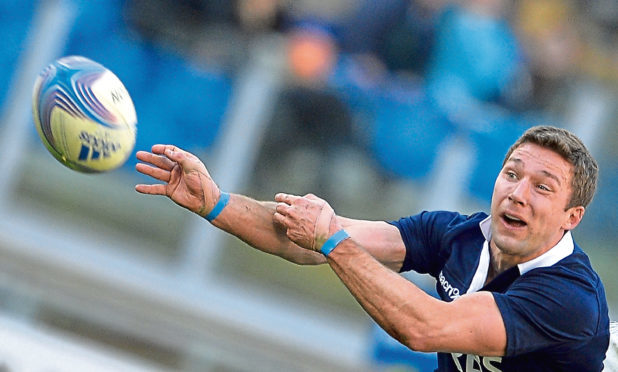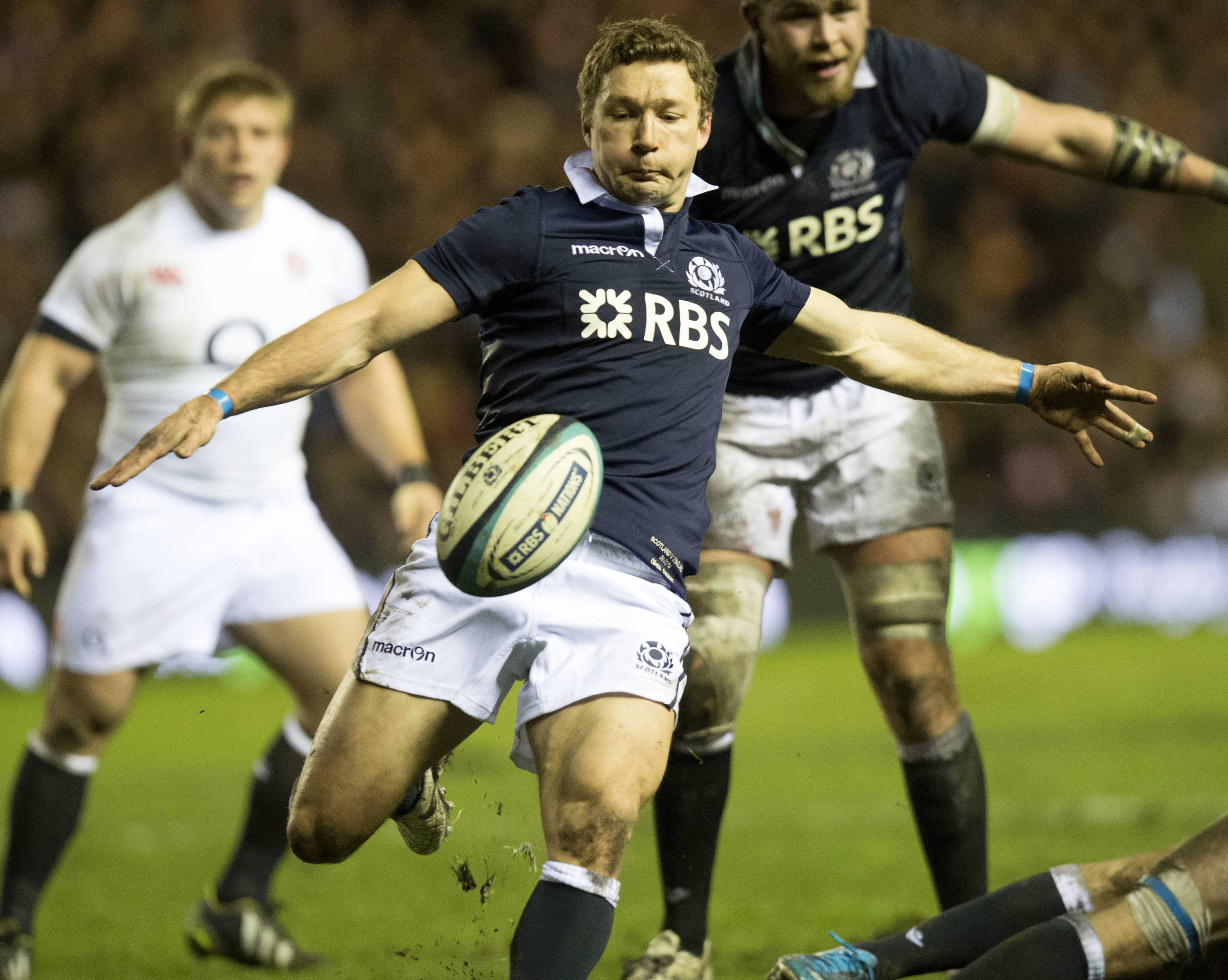Chris Cusiter remains a proud Aberdonian, even from the other side of the pond.
The former Scotland international, now making strides in the whisky industry in Los Angeles, still retains an affinity for the city that first gave him the chance to play rugby. Therefore, unsurprisingly, he sees Aberdeen as having a big role to play in the future of the Scottish game.
The advent of the Super 6 next season will see franchise rugby transform the landscape in Scotland. Somewhat controversially, Glasgow and Aberdeen – two cities close to Cusiter’s heart – were left out of the final outcome. No bid was forthcoming from Aberdeen due to financial concerns, while Glasgow Hawks were unsuccessful in striving for one of the franchise spots.
Bridging the gap between amateur and professional rugby is the main goal of the Scottish Rugby Union’s plan and Cusiter agrees it ought to be embraced, But he hopes it does not become a closed shop.
He said: “The fact there’s no team in Glasgow or Aberdeen is a drawback but it’s expensive to run a semi-professional outfit. The finance has to be there. You can’t just award it to a city because of it’s geographical location. Hopefully Aberdeen are able to come up with the money in the future.
“If it happened six or seven years ago, I don’t think there would have been any issues but what’s happened with the oil industry has probably made it difficult. But if the Super 6 takes off, hopefully there’s scope to add to it. There’s talent all over the country but we’ve not got that many players, so we can’t miss the opportunity to bring talented players through the system. If someone is unable to travel or relocate, there’s a chance they could drop out of playing and that’s not ideal.
“Aberdeen has got rugby history and there’s talent there, same as in Glasgow and the Borders. For Scotland, with a small population, we have to give everyone that opportunity to play.”
After cutting his teeth at Robert Gordon’s College and Gordonians, the scrum half moved to Edinburgh for university and played for Watsonians. He acknowledges he was lucky to be “in the mix” in Edinburgh, the traditional heartland of the sport in Scotland, but casts envious glances at the facilities on offer at Aberdeen Sports Village that were not on offer when he was growing up.
The ability to train indoors at ASV opens up another debate, in the switching of the rugby calendar to make it a summer sport. If grass-roots clubs are counting on Saturday income to survive and coaches are desperate to keep children interested in the sport, it is a move that makes sense.
Cusiter said: “We have one of the worst climates for playing rugby in the winter but because of history and tradition, that’s when it’s played. I loved games at the start and end of the season, when pitches were dry and quick. They are the most fun games and to me it makes sense to play in the summer when we have a cold climate during the winter. All-weather pitches are a bit controversial but having the choice between playing on one or playing on a mudbath, there’s probably only one choice.”
With names like Cusiter, Stuart Grimes, Jason White and current Scotland cap Ruaridh Jackson coming through the ranks in the Granite City, there is a production line there to be built on. Aberdeen Grammar would like to play their part and are intent on remaining in National 1 after the restructure, while Cusiter’s former side Gordonians are going great guns in National 3.
However, his more pressing interests these days are more dram than grand slam. The 36-year-old, who turned out for Watsonians, Glasgow Warriors (two spells), Border Reivers and Perpignan before finishing his career in 2016 with Sale Sharks, now runs a whisky business, lovescotch.com, in California.
It is a passion that stemmed from a visit to America two years before he retired. He visited a friend who had an “incredible” malt whisky collection it spurred he and his wife Sarah to make the move. Nothing is permanent but life in the Golden State is good right now.
Cusiter added: “I started learning about the whisky industry and visiting the distilleries.
“The people I met were the salt of the earth and it was something I wanted to get involved in.
“I love what it represents about Scotland and the invention that goes into making it.
“I was probably 13 years behind my peers from university and it’s a lot of time to make up. Playing rugby doesn’t really transfer into the real world but I realised the skills that afforded me a professional career – hard work, perseverance and problem solving – are transferable.
“We’re enjoying it out here just now and it’s getting easier. Los Angeles is a huge city and it does have it’s drawbacks but it’s an exciting place. The kids love going to the beach so we try to spend as much time there as we can.”

